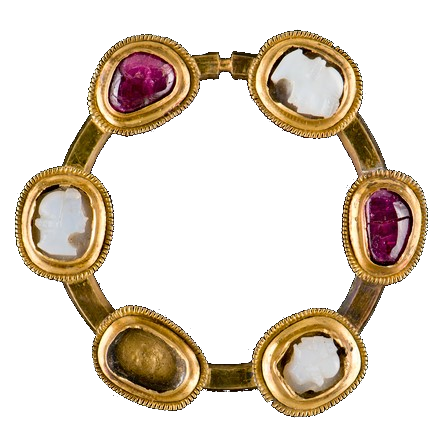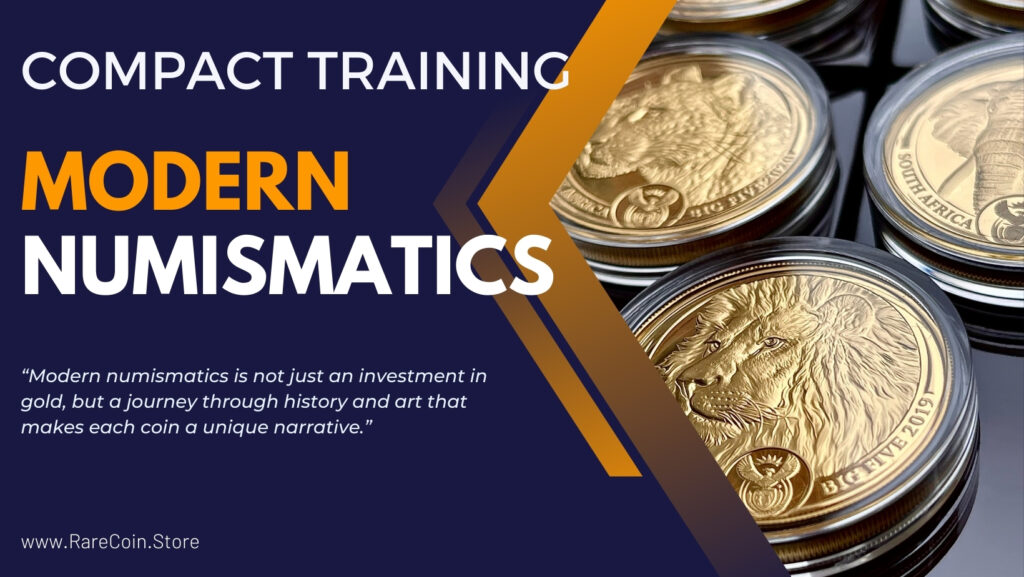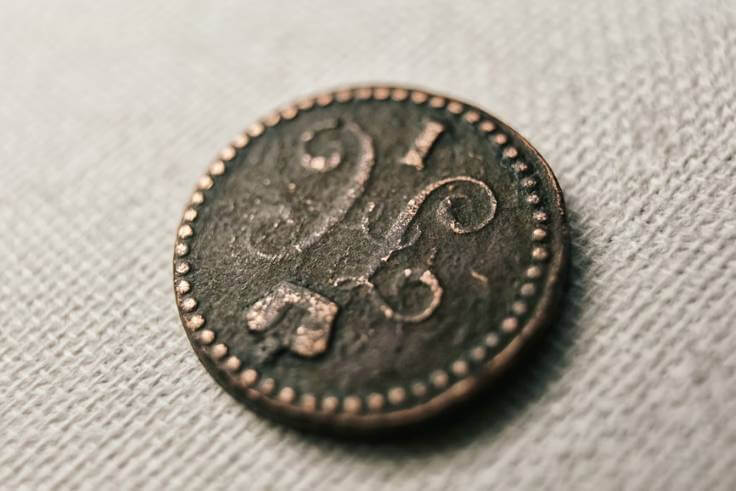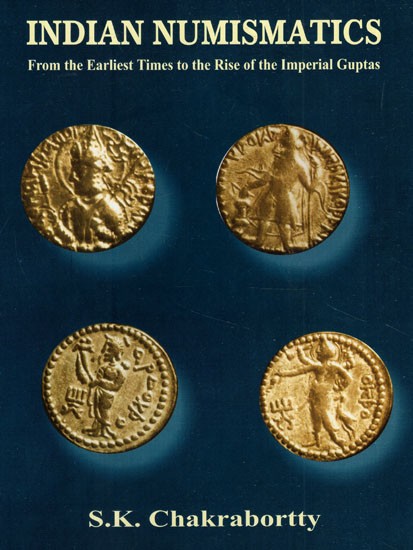Handy Info On Selecting Currency Society And Banknote Show
Handy Info On Selecting Currency Society And Banknote Show
Blog Article
How Can I Look Up A Database To Find Numismatics Concerning Security Printing Facilities?
For research in numismatics that involves security printing, it's crucial to select databases that focus on the production of currency and security features. Also, the latest technology is used for minting, printing and printing procedures. An organized approach is provided to aid you in your study. Databases provided by central banks and national mints such as Federal Reserve, European Central Bank, or the United States Mint are examples.
Define Research Focus: Specify your research objectives. You may be interested in the history and operation of particular security printing services, technological advancements in the production of currency, in security features that are incorporated on currency notes and coins or in the economic impact of anti-counterfeiting strategies. Find out the purpose of your research.
Search Strategy: Add keywords such as "security printing facilities", "currency production", "coin minting technologies" and specific facility names, if relevant. You can also use advanced search to filter results according to the date, type of document (such technical reports, production stats, or security options) and location.
Data Collection: Access data about security printing firms, including their establishment date, technological advancements of printing and coining techniques, the types of security features embedded into coins and notes, and any changes or developments in the past in the production methods.
Analyze: Examine and comprehend the data to understand how security printing has evolved through time and also its impact on the numismatic market. Examine the ways security features like microprinting, holograms, and specialized inks have evolved in the past to fight counterfeiting. Compare the printing or minting practices and the technologies.
Cross-References: Ensure that the information you have provided is correct by comparing it with other databases or sources. This ensures that your research will be precise and thorough, allowing you to get a good overview of the global practices in security printing.
Documentation. Record your research findings by citing sources, and listing any methodology you've used. Note the details of the databases you have accessed, terms used to search, and the significance of every source you use to answer your research questions.
Security printing methods and technologies continue to develop, it is important to stay on top of the most current advancements. Stay up to date by keeping track of developments from industry publications such as mint reports, security news, as well as central bank publications to keep up-to-date with the most recent developments in security features as well as printing techniques.
Databases are a great way to research numismatics in relation to security printing. This allows you to investigate the historical and technological developments as well as technological advancements that affect the creation of coins or banknotes. Have a look at the recommended currency collecting hints for website tips including antique coins, banknote appraisal, collection, coin mold, gold, nickel, historical currency, commemorative coins, federal reserve, coin show and more.
What Can I Do To Find Out More About Numismatics Specifically In Relation To Exhibitions Or Show Events By Utilizing An Numismatics Database?
To study the numismatics of shows and exhibitions, databases are used. These databases archive details about numismatic events, exhibitions or conferences. This is a systematic method for conducting such research. For instance, websites of a major numismatic society like the American Numismatic Association(ANA) websites, online platforms that provide information on global numismatic activities or museum exhibition archives.
Define Research Focus: Specify your research objectives. Are you interested in finding out more about the past and forthcoming numismatic conferences or regional coin shows, thematic or educational shows as well as forthcoming exhibitions of coins? Determine what you're trying to find in order to limit your search.
Keyword strategy Utilize keywords to search for "numismatic" events and exhibitions, "coin shows", "numismatic conferences". If you are able to you could also include the event's name or location. Make use of advanced search features to sort results based on the date, event type (such as exhibitions, conferences), and geographic region.
Find information about forthcoming and past numismatic shows and other events. Data collection: Collect data on event dates, venues organizers, themes or other collections highlighted, participating exhibitor, and related publications or catalogs. Look for databases that allow users to view virtual tours of exhibitions or other digital materials.
Analyze: Review your data to discover the subjects, educational goals and prevailing trends in Numismatic shows and events. Analyze how various shows and exhibitions contribute to increasing awareness about numismatics among the general public, promote scholarly exchange and highlight significant collections.
Cross-Referencing Verify your findings using information from different database databases, listings of events or official sites. This method ensures the accuracy of your research and complete, providing all the information you need about numismatic activities around the world.
Documentation - Record your findings in a systematic manner, citing the sources used and highlighting methods. Note the database's names or search terms, as well as the relevance of each source in relation to your study.
Keep updated. Numismatic events change frequently, with new shows, conferences and exhibitions. Monitor updates from event organizers or specialized databases to keep informed about upcoming events.
These steps can help you explore numismatics through databases with respect to exhibitions and events. This method allows for an in-depth investigation of the variety of exhibitions and numismatic events around the globe, as well as their educational value as well as scholarly contributions. Follow the most popular such a good point on antique coins for blog info including coin forum, obsolete currency, currency collecting, german coins, banknote display, coin magazine, coin design, currency, collector, coin collecting and more.
How Can I Use The Numismatics Database To Locate Legal Experts To Help Me With My Research?
Investigating numismatics in relation to legal experts involves utilizing databases that are focused on numismatic laws, regulations that govern currency and coinage and legal precedents relating to numismatic disputes, as well as academic articles that discuss the legal aspects of numismatics. A structured approach is provided to assist you in conducting this research. Some examples include legal search engines such as Westlaw and LexisNexis and the numismatic journals and law journals. publications of numismatic associations.
Define Research Focus: Specify your research objectives. You might be interested in the legal structures for coinage or currency. Numismatic dispute. Regulations on coin production and circulation. Or legal definitions of ownership and authenticity. Make sure you know the right direction to direct your research.
Search Strategy: Use words like "numismatic law," "legal aspects of coinage" "numismatic disputes" and include specific legal concepts (such as ownership, authenticity counterfeiting, authenticity) or historical cases, if relevant. Utilize advanced search filters to narrow results by date, jurisdiction (national as well as international) and other legal issues related to numismatics.
Data Collection: Get access to the legal precedents (case law) and legislative texts (legislation), and academic publications on the subject of numismatics. Get information about cases summaries or legal analysis. Interpretations of pertinent statutes and historical perspectives are also beneficial.
Analysis: Analyze data to understand the what the legal implications are and how to overcome challenges in Numismatics. Examine how legal frameworks impact numismatic transactions, collection management, authentication processes and international trade in numismatic items. Compare different legal interpretations or methods across different jurisdictions as well as historical periods and countries.
Cross-Referencing: Check your findings by cross-referencing data across multiple databases including courts, legal journals, and academic journals. This lets you do a thorough research and gain the complete picture of numismatics law.
Documentation: Documentation is important. Cite sources and note the method you employed. Define the databases used, the terms you searched for, and their relevance to your questions.
Stay informed. Legal interpretations of numismatic numismatics and laws are subject to change in response to legal changes or court rulings. Stay up to date by keeping track of developments from legal databases, numismatic law publications, as well as updates from numismatic societies regarding legal developments.
Databases can be used to study numismatics as well as experts in the field of law by following these easy steps. This technique allows a comprehensive study of the legal frameworks, challenges and scholarly interpretations which intersect with the numismatics field, offering insights into the legal aspects governing the collection of coins, coinage and commerce worldwide. Have a look at the most popular silver coins hints for blog recommendations including currency dealer, rare banknotes, coin authenticity, coin marketplace, half-dollar, austrian coins, coin planchet, gold, coin dealer, banknote holder and more.
What Can I Do To Use An Online Database To Look Up Numismatics In Historical Archives?
Researching numismatics with regards to historical archives requires the use of databases that focus on archival collections, historical documents, numismatic artifacts and records of transactions in numismatics. Here is a systematic approach to conduct such research. Database selection: Select databases that specialize on historical archives, numismatic collection catalogues for museums, as well as digitalized historical documents. These include national archives sites, museum archives platforms as well as numismatic research platforms, and catalogs of libraries.
Define Research Focus: Specify your research objectives. Do you wish to learn the history of certain coins or collections are you interested in historical transactions that involved numismatic items, the context for coinage's cultural significance, or the evolution of the financial system? Determine the goal of your search.
Search Strategy: Include keywords such as "numismatic archive," "historical coins collections," or "archival records about coinage" as well, when applicable include historical periods, geographical regions or particular numismatic subjects. You can use advanced search options to filter results based on date, document types (manuscripts, catalog entries, correspondence) and archival repository.
Data Collection: Access historical documents and archive materials that are related to numismatics. Find information such as inventory lists of numismatic collections, correspondence between collectors and institutions auction catalogues, historic images of coins, records of museum accession, etc.
Analysis: Examine and interpret the data in order to gain a better comprehension of the historical context and the narratives that surround objects of numismatic origin. Analyze the way in which coins were used to trade and commerce, as well as the significance they played in the context of the exchange of ideas and culture, as well as their significance in understanding historical events.
Cross-Referencing. Verify that your findings are accurate by comparing data across multiple databases. This includes archives as well as museum catalogues and books on history. This ensures the accuracy and completeness of your research, and gives you complete information about numismatic history as documented in the historical archives.
Documentation: Documentation is essential. Cite sources and note the techniques you used. Keep track of details like the databases you've used as well as your search terms and the relevance of these to your research questions.
Stay Updated Keep Up-to-date: Historical archives and discoveries in numismatics continue to be studied and documented. Stay up to date by keeping track of updates from archival repositories museums, collections of museum collections, and scholarly publications for the most current information and findings in the field of numismatics.
These steps can help you investigate numismatics with databases combination with archives from the past. This approach enables you to explore the historical contexts as well as the cultural influence of numismatic objects and provides valuable information about the development of coins and their importance throughout the history. Read the top rated coin mold for website advice including legal tender, treasury, legal tender, rial, obsolete currency, coin show, coin value, lira, coin certification, banknote rarity and more.
How Do I Utilize A Database To Research Numismatics Regarding Industry Consultants?
This research involves using databases that focus on consultants, firms of consulting, and industry reports. Also, there are publications from numismatic groups. Here's a systematic approach to conduct such research:Database Choice: Select databases that specialize in consulting firms, industry reports and other publications that are relevant to numismatics. Examples include directories of businesses, consulting firms' websites, numismatic society publications and databases that are specific to industry.
Define Research Focus: Specify your research objectives. Are you interested in learning more about the consulting services available to numismatic companies and market analysis reports on numismatics? Or the expertise of individual consultants in specific industries, or even trends that industry consultants have identified? Define what you're looking for to narrow your search.
Search Methodology: Use keywords such as "numismatic industry consultant", "numismatic consultancy firms", or "market analysis of coins" to find relevant results. If applicable, you can also include geographical regions and specific areas of expertise. Use advanced search options by sorting results by consultant specialties and consulting services.
Data Collection: Find details on firms of consulting which specialize in numismatics as well as industry consultants who offer services to numismatic companies. You can gather information on consultants, their expertise (such as market analysis, collection and authentication management) testimonials from clients and reports from industry experts, etc.
Analysis: Examine and comprehend the contributions and roles of consultants from the industry to the field of numismatics. Examine the techniques and knowledge used by consultants who offer advice on investments in numismatics market trends, or collection management.
Cross-Referencing: Verify your findings through cross-referencing across directories for consulting firms, databases and publications of numismatic societies. This ensures that your research is reliable and thorough, allowing you to get full understanding of the world of consulting the field of numismatics.
Documentation: Documentation is essential. Use sources to cite and record the methods used. Keep track of details on the databases used, the keywords used to search, and the importance of every source you use to answer your research needs.
Keep yourself up-to-date Trends in the market and consulting services in numismatics change with changes in economic conditions and regulations. Updates from consulting firm sites and industry reports, numismatic societies journals, and other publications keep you updated on the latest market trends and insights.
These steps will help you examine numismatics with the eyes of industry consultants. This approach permits a thorough examination of market analysis and strategic advice provided by consultants working in the numismatic field. They are able to provide valuable perspectives on business operations investments, strategies for investment and market changes. Read the top mint condition for site examples including currency exhibition, coin blank, coin certification, coin rarity, banknote errors, currency catalog, shekel, banknote storage, currency catalog, antique coins and more.